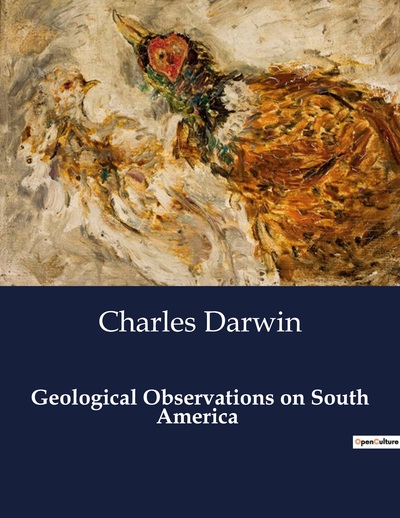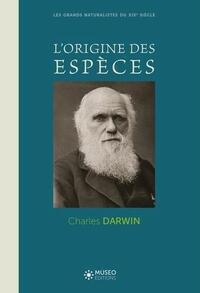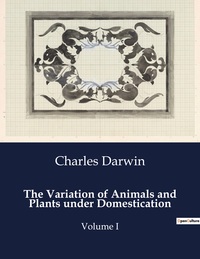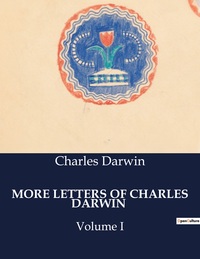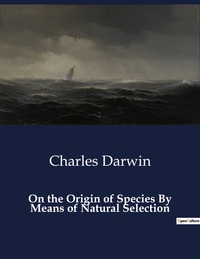Nous utilisons des cookies pour améliorer votre expérience. Pour nous conformer à la nouvelle directive sur la vie privée, nous devons demander votre consentement à l’utilisation de ces cookies. En savoir plus.
Geological Observations on South America
EAN : 9791041985715
Édition papier
EAN : 9791041985715
Paru le : 14 févr. 2024
22,90 €
21,71 €
Disponible
Pour connaître votre prix et commander, identifiez-vous
Notre engagement qualité
-
 Livraison gratuite
Livraison gratuite
en France sans minimum
de commande -
 Manquants maintenus
Manquants maintenus
en commande
automatiquement -
 Un interlocuteur
Un interlocuteur
unique pour toutes
vos commandes -
 Toutes les licences
Toutes les licences
numériques du marché
au tarif éditeur -
 Assistance téléphonique
Assistance téléphonique
personalisée sur le
numérique -
 Service client
Service client
Du Lundi au vendredi
de 9h à 18h
- EAN13 : 9791041985715
- Réf. éditeur : 334411
- Date Parution : 14 févr. 2024
- Disponibilite : Disponible
- Barème de remise : NS
- Nombre de pages : 266
- Format : H:220 mm L:170 mm E:19 mm
- Poids : 469gr
- Résumé : What secrets does the South American landscape hold beneath its surface? In "Geological Observations on South America," Charles Darwin embarks on a scientific journey across the diverse terrains of this vast continent. Set in the 19th century, a time when exploration and scientific inquiry were at their peak, Darwin meticulously documents his findings, offering insights into the geological processes that have shaped the region. From the towering Andes to the expansive plains, Darwin's observations reveal the dynamic forces of nature at work. This scientific exploration delves into the themes of natural history and the evolution of the Earth's crust, providing a detailed account of volcanic activity, sedimentary formations, and the fossil record. Through his methodical approach, Darwin not only contributes to the understanding of geology but also lays the groundwork for future scientific endeavors. By examining the intricate details of South America's geological features, this book offers readers a comprehensive view of the continent's natural history. Through Darwin's observations, we gain a deeper appreciation for the complexity and beauty of the Earth's geological processes.
- Biographie : Charles Darwin, né le 12 février 1809 à Shrewsbury dans le Shropshire et mort le 19 avril 1882 à Downe dans le Kent, est un naturaliste et paléontologue anglais dont les travaux sur l'évolution des espèces vivantes ont révolutionné la biologie avec son ouvrage L'Origine des espèces paru en 1859. Célèbre au sein de la communauté scientifique de son époque pour son travail sur le terrain et ses recherches en géologie, il a adopté l'hypothèse émise 50 ans auparavant par le Français Jean-Baptiste de Lamarck selon laquelle toutes les espèces vivantes ont évolué au cours du temps à partir d'un seul ou quelques ancêtres communs et il a soutenu avec Alfred Wallace que cette évolution était due au processus dit de la « sélection naturelle ».

